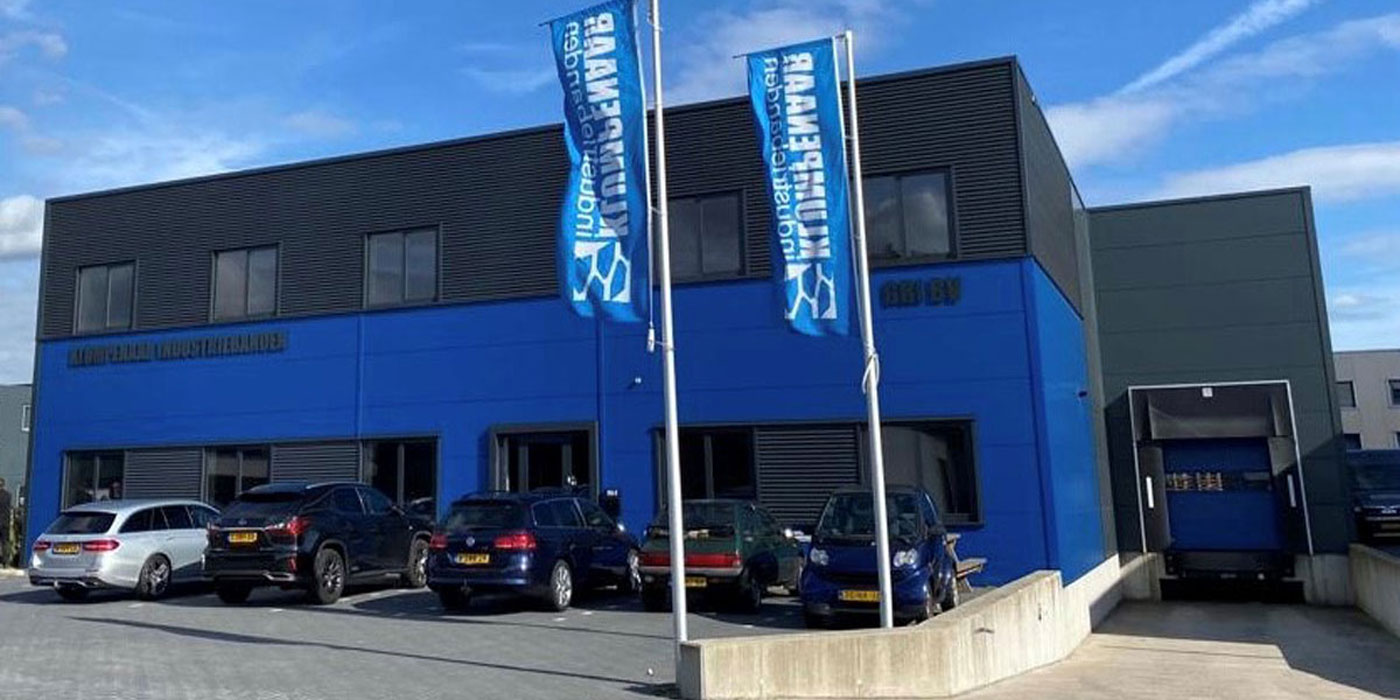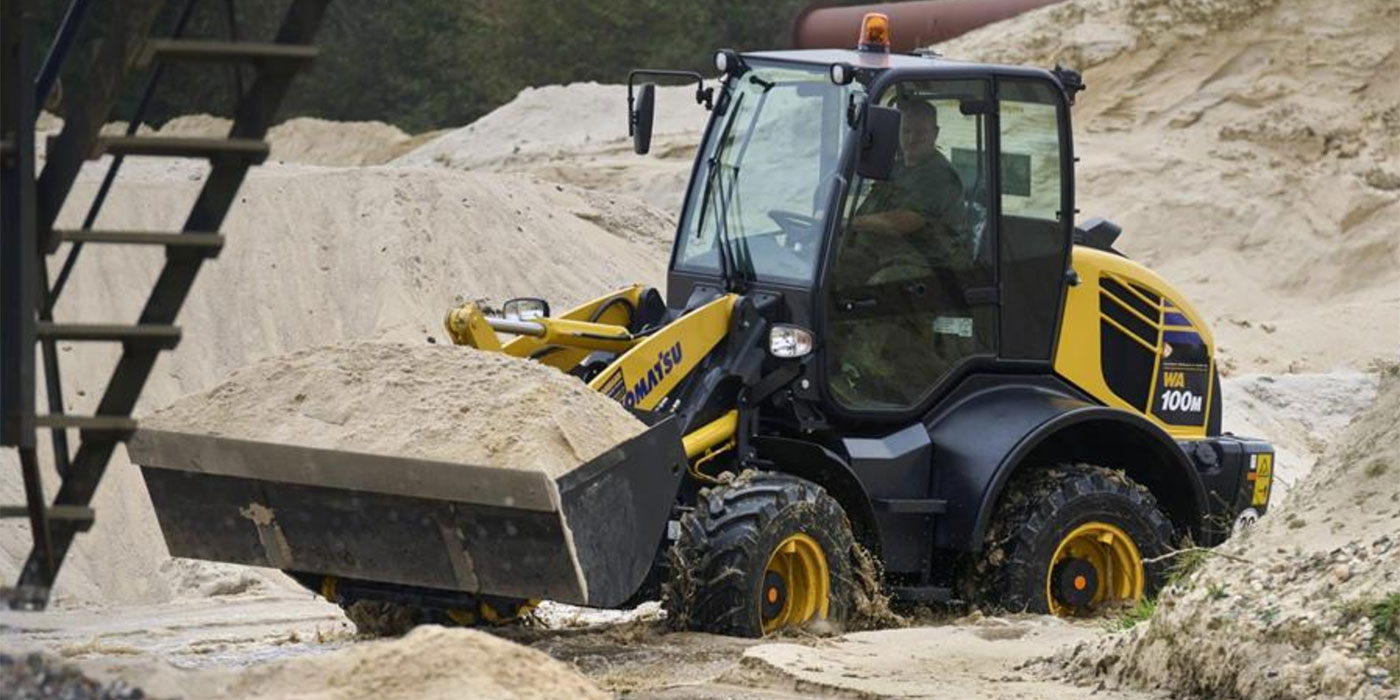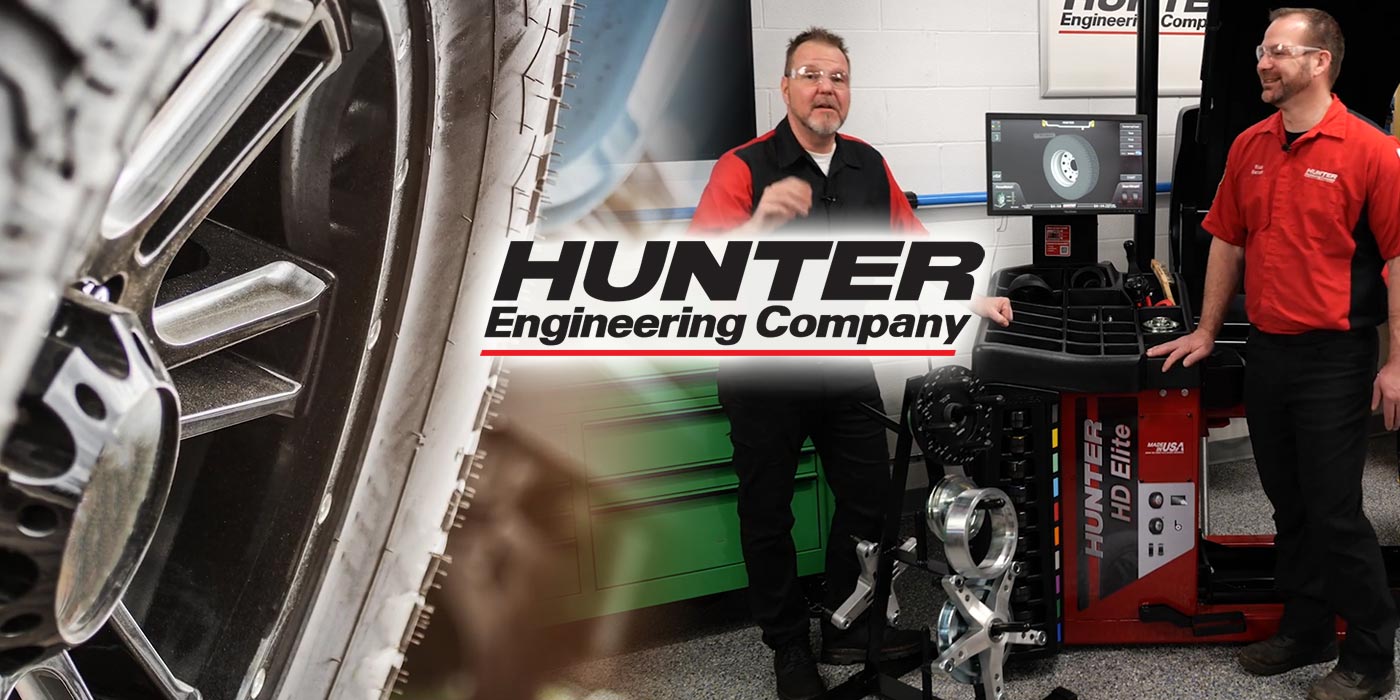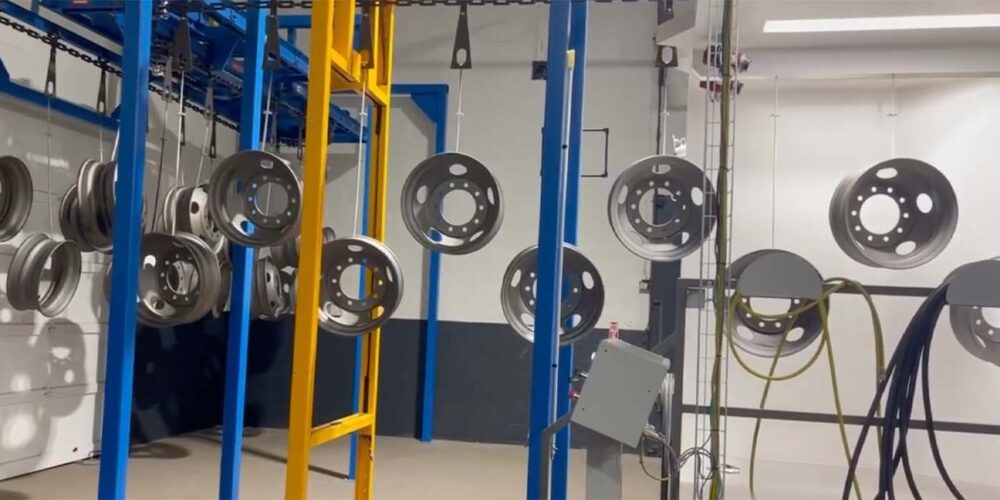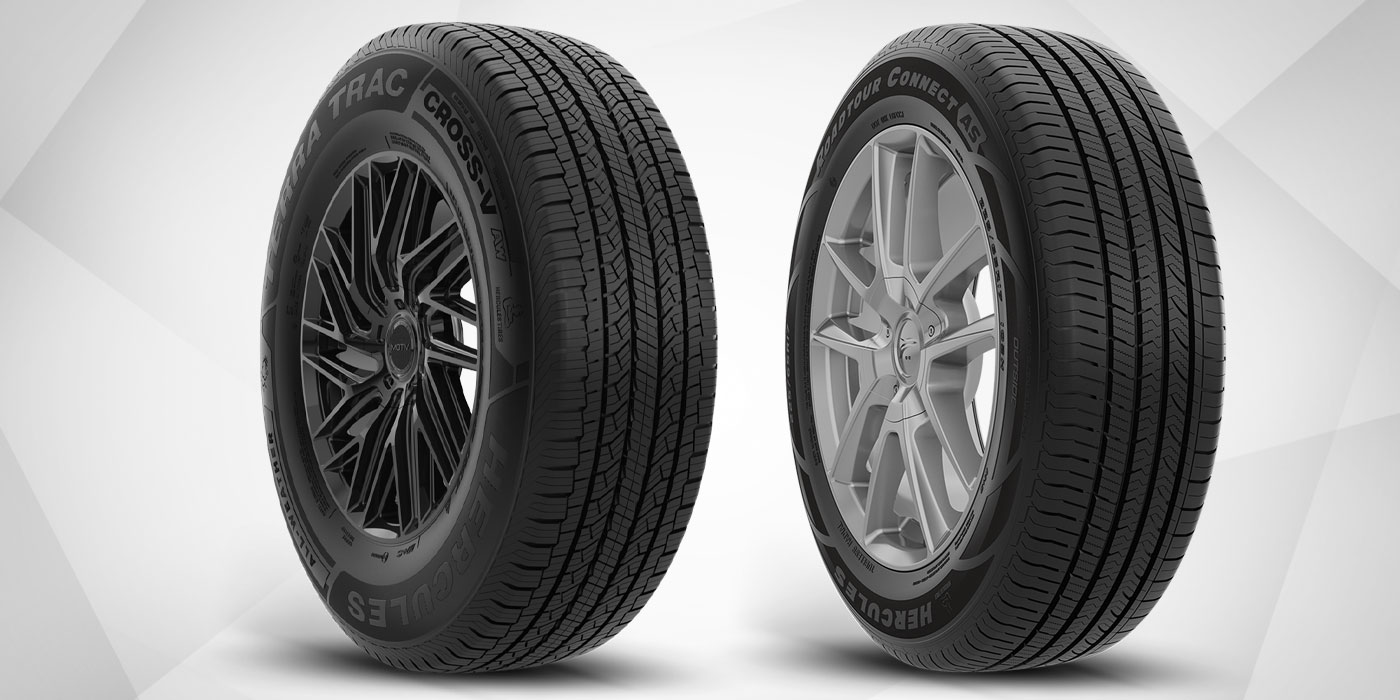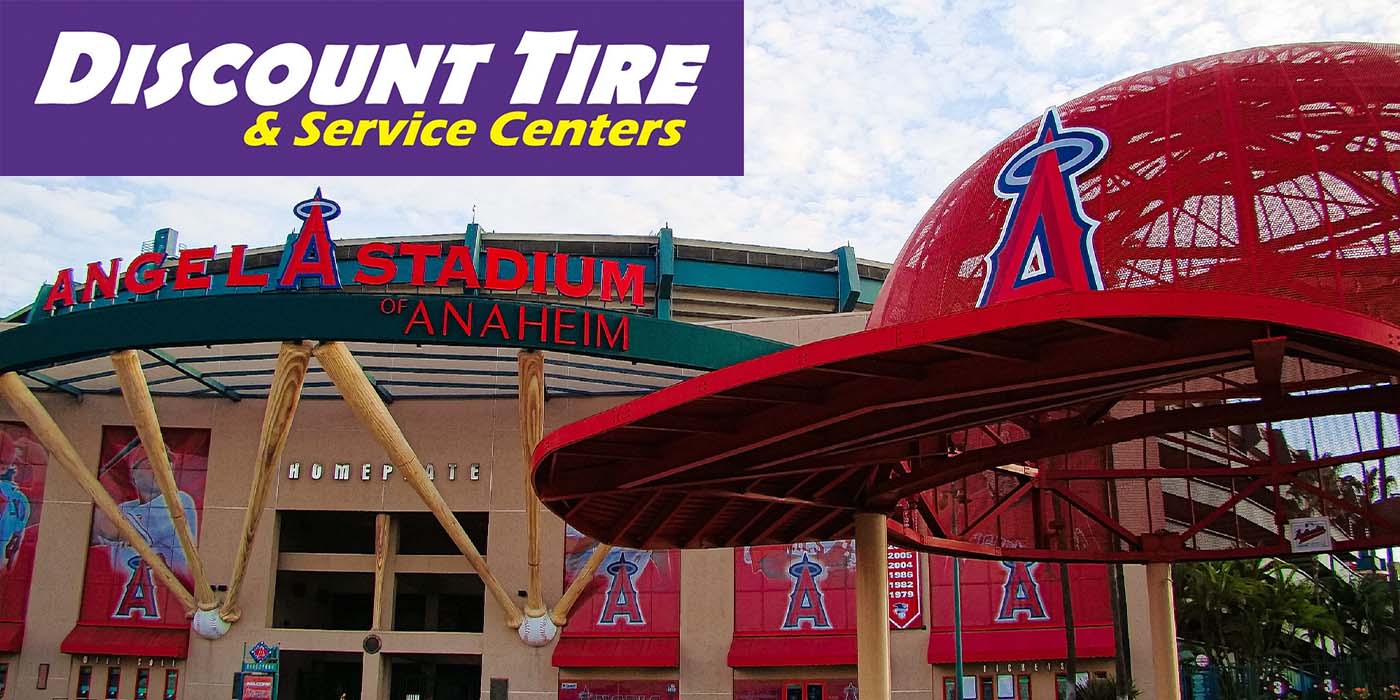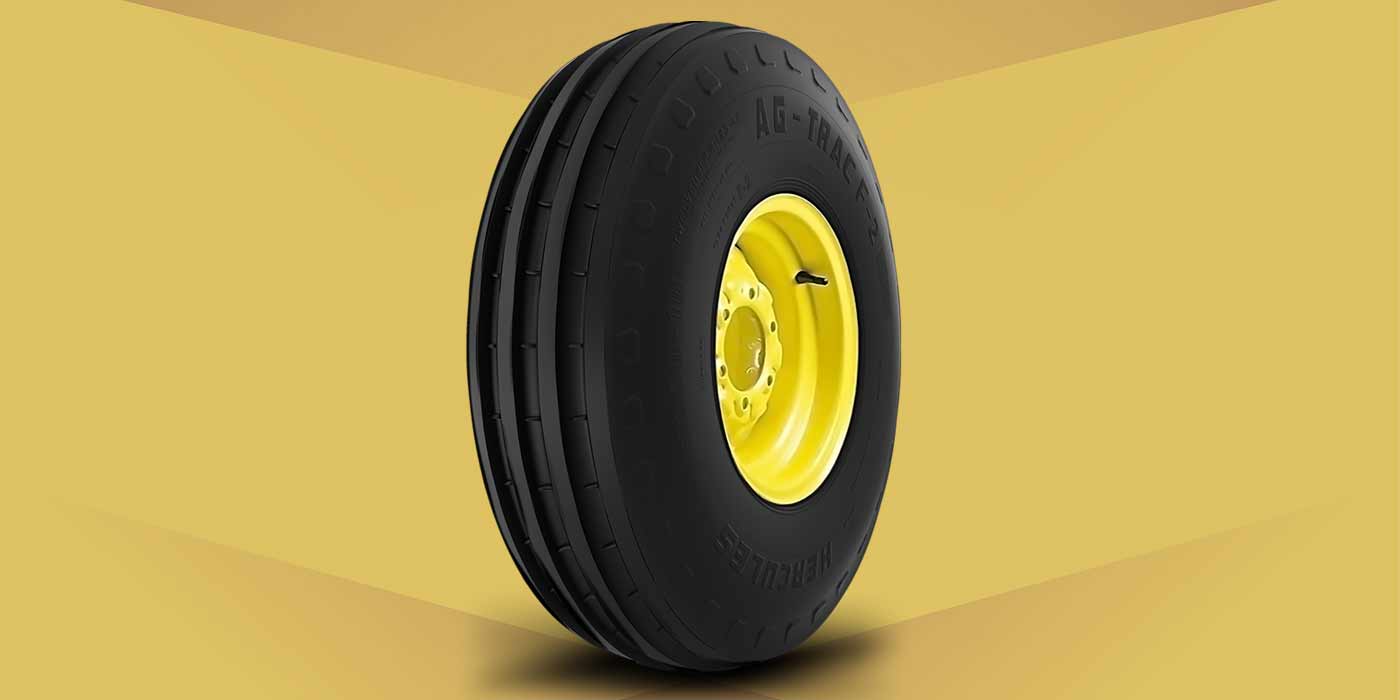Are we successfully meeting their needs and expectations, or is there room for improvement? Every year, we select a handful of prominent transport companies and pose those very questions.
Historically, the costs and response time to roadside breakdowns have emerged as areas of concern, as have inconsistencies in service levels throughout the country. Last year proved an interesting one, with each and every transporter we spoke with expressing concern over the quality of technical and salespeople currently being employed by the tyre industry. As another year draws to a close, we set out to find what this year’s respondents had to say.
It must be pointed out that recipients were selected at random, with no prior knowledge of which new tyre company or supplier was providing them with a service.
Commercial Sector is Targeted
The true test of our abilities, strengths and weaknesses has to be with the commercial tyre market, which is widely accepted as being a challenging one. So much so that many tyre chains have made a calculated decision not to dabble in this sector at all, opting to focus on retail instead. And we take their point. Servicing the commercial market not only requires additional resources by way of manpower, vehicles and equipment, it often carries an element of bad debt. Not surprising, then, that so many dealers might think twice before making this kind of commitment.
Breakdowns
Ironically, even though many have elected to stay out of the commercial market altogether, they are often expected to attend to commercial vehicles that require roadside assistance by virtue of their location and affiliations to their manufacturing partners.
Big transport concerns that enjoy national servicing agreements with SA’s service providers have naturally come to expect roadside assistance in the event of a breakdown, irrespective of where this may occur. The fact that the vehicle may have broken down in a part of the country that for the appointed service provider, is only represented by a small, passenger tyre retail outlet, is of no consequence to the transporter. All he wants is for his tyre problem to be attended to as swiftly as possible so that the driver can continue on his way.
What often happens in cases like this, according to the transporters, is the truck is not attended to as promptly as they would like. Worse still, when assistance does arrive, the transporter is pretty much ‘at their mercy’, and is therefore subjected to outrageous costs for the service.
Fast ‘n Fresh, whose biggest contract – accounting for 70% of the company’s turnover is Woolworths – has been re-awarded the contract to carry all of Woolworths’ refrigerated cargo for another five years. It is commonly acknowledged that Woolworths operate according to stringent quality standards, which stipulate that suppliers deliver within specified delivery times, or face penalties.
“This ultimately requires that we focus heavily on all our service equipment so as to minimize breakdowns. Our customers place constant pressure on us to meet their expectations, and if we are to effectively meet these expectations, our service providers will also have to align to our way of thinking,” suggested Mark Fisher, operations director, and Dup du Plessis, technical manager, of Fast ‘n Fresh. “Regrettably, it would seem huge discrepancies still exist between our service ethic and theirs.”
“To be fair,” continued Fisher, “some serious problem areas we experienced with Bandag’s ETA breakdown network when we first came on board in terms of our service requirement, have since been ironed out after placing extreme pressure on them to up their game. I think that they have and that this has been an equally good learning platform for them.”
“Where we are still experiencing a great deal of frustration is with breakdowns that occur en-route in small, remote places,” added Dup. “We resent having to pay, in some instances, up to R4 000.00 for a new tyre in order to get the truck back on the road. We would also prefer that wherever possible, the tyre is repaired instead of automatically replaced with a new one. Fitting new tyres en-route is resulting in an accumulation of odd tyre brands and sizes, which is wreaking havoc with our systems and c.p.k. Fast ‘n Fresh run designated routes – all of which our service providers should be familiar with – so we struggle to understand why service providers en-route are not able to carry suitable stock to cater for our breakdowns,” said Dup.
“We are also striving to reach some kind of agreement with our service providers over the introduction of a standard pricing structure on breakdowns,” said Fisher, “so as to avoid the possibility of being exploited, particularly in remote locations where we are solely reliant on the only tyre service provider in the area to service our trucks.”
“The same can be said for callout costs,” added Dup. “For the most part, these are in line but there have been occasions when callout fees have been exorbitantly high.”
“Roadside breakdown costs are of increasing concern,” echoed Allan Dunn, technical and SHEQ executive at Unitrans Fuel and Chemical. “Most sophisticated transport companies I know of operate via national service agreements and set cost structures. We expect these to be adhered to. That said, we accept that should a breakdown occur after hours, this is likely to incur higher labour costs, which we are prepared to meet. What we are not prepared to accommodate, is any fluctuation in the tyre price.
“And, speaking of contracts, it is my belief that national contracts and agreements between transport companies and service providers have lost their original focus and become lengthy, legal manuscripts,” continued Dunn. “A partnership between a transporter and a service provider can be likened to a marriage. It’s all about communication, sitting around the table, discussing the problems and working hard at rectifying them so as to preserve the ‘marriage,’ he suggested. “I’m not suggesting that contracts are not necessary, merely that they’ve become far too complicated in striving to protect everyone’s interests.
“Contracts mean very little when one is confronted with a situation similar to the one Unitrans was recently, with our Tulisa Park operation, the tyre servicing of which was contracted out to Roadgrip Afrityre – the BEE Division of Maxiprest. Suffice it to say the arrangement did not last long due to unsatisfactory service levels,” continued Dunn.
So how did the tyre industry respond to these allegations?
Tyre Industry Responds
In terms of the allegations made by Allan Dunn, Makhosini Kharodi, chief operations officer for Roadgrip Afrityre, had this to say: “Roadgrip Afrityre is a 100% black-owned and black-managed tyre company that always endeavours to deliver above-average service to our customers that exceeds their expectations. As a result, we have a customer-centric approach in our offering to our customers, as we believe that our customers’ needs are our priority.
“We have had a long-term relationship with Unitrans and are proud to have done business with them,” continued Kharodi. “Due to the strategic decision taken by Unitrans to save costs, thereby squeezing us on our already tight margins we made on the account, as well as the fact that the majority of new tyre business is directly with the manufacturer (Roadgrip only assigned the remainder of the business, i.e., tyre fitment and so on), we took the decision to negotiate a smooth transferal of roles with another service provider.
“Due to another decision from Unitrans to cut costs, we were made to invest directly into their training initiative by paying hundreds of thousands of rands towards this project aimed at their workshops. This training was to help reduce their costs in this area as well as to the company at large. It is unfortunate we will not be there to realize our investment,” concluded Kharodi, “but this is a demonstration of our dedication and full commitment to our relationships with our customers.”
As for comments pertaining to the industry’s roadside assistance service, we received comments from both Bandag and Maxiprest.
“Bandag’s breakdown progamme, E.T.A., has been instrumental in providing peace of mind to our fleet customers in the event of a tyre-related breakdown,” commented Laurent Colrat, marketing director of Bandag SA. “Because of its critical importance to Bandag’s customer offering, E.T.A. is constantly reviewed so as to provide the best cost-benefit ratio to the fleet customer. In some cases, E.T.A. has been customized for a specific end-user where Bandag has a direct link via a franchisee. In the outlying areas where a direct Bandag link is not present, we are using a third-party service provider to get the truck back on the road. This inevitably adds an extra link in the value chain that needs to be remunerated. In 2007, Bandag will launch its reviewed E.T.A. programme which will address this particular issue and alleviate much of the frustration being experienced.”
“Through their persistence, morally disadvantaged groups influenced the road transport industry to stop carrying spare wheels, resulting in the unfortunate puncture, previously attended to by the driver, becoming a roadside breakdown and the creation of a tyre breakdown industry,” offered Dave Mills, marketing manager for Maxiprest Tyres. “This new industry remains in various development stages, and improvements are being introduced, which are designed to improve efficiency and service levels.
“Operators don’t need tyre-related breakdowns; they seem to occur under circumstances that cause maximum inconvenience and virtually guarantee an increase in blood pressure. Situations become highly charged, particularly when delays are experienced in getting the vehicle back in service. Maxiprest and other national dealerships are becoming thinner on the ground, and the reliance on third-party service providers is becoming increasingly necessary to provide fast assistance in as many remote areas as possible. We are pleased to record that our service network receives more positive than negative comment. However, breakdowns that take longer than expected are the ones that linger in the minds of the customer when those attended to quickly are, to an increasing extent, taken for granted,” continued Mills.
“Whereas callout and traveling charges are largely standardized, the cost of the replacement tyre is not. Thus ‘being held to ransom,’ particularly in remote areas, is unfortunately a reality. If a ‘take it or leave it’ area has been identified, the customer should seriously reconsider the carrying of a spare wheel and required tools for the driver to replace the tyre,” suggested Mills. “There are, of course, the known risks of ‘going back to the spare wheel,’ which require careful consideration, not least being the safety and security of the driver.”
“If servicing breakdowns is indeed becoming a massive headache for the tyre industry, why can someone not devise a tamper-proof, cost-effective method that would enable us to carry spare wheels once more?” queried Fisher.
“The carrying of the spare wheel is a burning issue,” replied Colrat, “as it could lead to incessant breakdowns and place the driver in danger. Even in cases of returning the out-of-service casing after a breakdown, customers are experiencing theft. Several solutions have been tried, but the ‘silver bullet’ has yet to be found. I believe it is only through constant communication and debate between the fleet customers, tyre and retread manufacturers and tyre service providers that we will arrive at a feasible solution.”
New Tyre Companies in the Spotlight
No less than two of the transport concerns we met with – Fast ‘n Fresh and Unitrans – purchase their tyres directly from the new tyre manufacturer, in this case, Bridgestone.
Competitive pricing is usually the reason for this burgeoning trend, and whilst one can well understand the motivation behind it, the question remains: Are transporters compromising on service levels in favour of better prices?
We say this because both companies in question were of the opinion that technical assistance and proactive solutions were somewhat lacking from their new tyre supplier.
“We have made no bones about the fact that our new tyre supplier could be adding more value to us by way of technical service, skills and tyre knowledge,” argued Dunn of Unitrans.
“Unfortunately, the intelligence, knowledge and pro-activity we hope to see from our new tyre supplier seems to be lacking,” said Dunn. “Sadly, service levels of the past seem to have evaporated. That regular knock on the door from the new tyre technical expert to alert you to any new or potential problems in the tyre fleet seems to be a forgotten practice.”
When asked whether he had ever voiced any of these concerns with the new tyre company, Dunn said: “We addressed this with them more than a year ago. At the time, they recognized the gap in their service levels, said they were grappling with some internal issues and assured us that technical assistance from them would improve. To date, we have seen no such improvement.”
“Scrap tyre assessment and analysis is probably the most cost-imperative aspect to our business,” he continued. “We would welcome assistance from our service providers to help us determine what is causing our tyres to fail so that we can address these issues accordingly. It is imperative for us that our tyre supplier fully understands the financial implications tyre failures can have on our cost line. I think at present, there is insufficient transaction between the respective parties and a glaring lack of training that is translating into an infiltration of an unskilled labour force in the field.”
Mark Fisher of Fast ‘n Fresh concurred. “We would like to see a more proactive approach from our new tyre supplier regarding current tyre use and cost cutting. We would also like to see more of a commitment from them in assisting reduce our scrap tyre rate, which due to the road conditions we are forced to navigate, is around 70%. Sadly, the pool of skilled people with initiative seems to be eroding in the tyre industry.”
In response, Raymond Waldeck, sales director of Bridgestone said: “Bridgestone’s philosophy ‘serving society with superior quality and service’ certainly places a very high premium on service and enters into a tri-lateral partnership between Bridgestone, the service provider and the end user to ensure the best service to the end user.
“Bridgestone realizes the need for an augmented service that will increase the value proposition to the end user, compared to selling tyres as a standalone commodity. Training and retaining the pool of technical expertise is very high on the priority list, and all truck and bus tyre sales specialists have undergone the SMART (Select, Maintain, Align, Rotate and Track) Partner training.
“The value proposition to the end user includes load, route studies, operational surveys and the recommendation of the correct tyre for the correct application. This is supplemented by regular Scrap Tyre Analysis and surveys carried out on site.
“Bridgestone has established a highly skilled and knowledgeable technical pool throughout its organization that will attend to any technical problem in the field,” concluded Waldeck.
Another transport concern we met with – Trans Africa Holdings – also happened to mention they were buying large volumes of new Dunlop truck tyres via their supplier, ATT, but that to date no one from Dunlop had paid their fleet a visit to assess the overall performance of their tyres. “Given the large volumes of Dunlop truck tyres finding their way into our fleet, I find the lack of interest somewhat surprising,” said Riaz Paruk.
In response, Ken Martin, director exports and truck for Dunlop, said: “A fundamental element of the Dunlop Truck strategy is to interface and provide service support to the wheel positions of the end user and fleet operator. The successful execution of this strategy in recent years has created a competitive edge, we believe, for Dunlop.
“This value-added approach has been so well received by fleet operators countrywide that they have voted with their order books, resulting in massive penetration for Dunlop products, where Dunlop is today, a leading and preferred brand.
“We are, therefore, extremely disappointed to hear of the situation at Gauteng Coaches. Our records indicate that attempts have been made on a number of occasions to contact Gauteng Coaches by our service personnel, but they have been unsuccessful. However, Dunlop will continue to endeavour to provide Gauteng Coaches with the appropriate service support which a valued Dunlop customer should enjoy,” concluded Martin.
To reiterate on an earlier statement, the growing trend to buy directly from the manufacturer could be contributing to these concerns, real or perceived. After all, the manufacturers’ core business is designing and making new tyres. Servicing is not their area of expertise.
And unlike the ‘good, ol’ days’ when the new tyre companies were turning healthy profits that allowed them to employ a healthy pool of technical experts, growing threat from imports and shrinking profit margins have fueled cutbacks, causing most of them to downsize the size and depth of their operations.
Added to that, we have to wonder whether this spiraling trend to buy direct and cut out the middleman is not adding more fuel to the fire. Why should service distribution providers go out on a limb, when they are not privy to the sale?
Pats on the Back
If, at this point, you’re reading this and wondering whether our customers had anything positive to say, let us assure you, they did.
In general terms, Fast ‘n Fresh spoke highly of the service they were receiving from the Bandag network of dealers. They acknowledged that, although problem areas still existed, their service provider was taking them seriously and was endeavouring to raise the bar. Moreover, Bandag management was personally giving up their time to assist them in establishing a state-of-the-art tyre bay at their new premises in Centurion.
Paruk made constant references to the Maxiprest retread to which he referred as vastly superior and the primary reason behind using Maxiprest as a supplier. He also commended Auto & Truck Tyres for their exceptional level of service and their willingness and ability to go the extra mile for their company.
Allan Dunn of Unitrans acknowledged that transporters were often quick to shift the blame for problems within a tyre fleet onto the service provider, whereas it was seldom entirely their fault.
“Transporters have become revenue, not cost-cutting, focused,” he said, “which has caused them to take the eye off the ball by relegating entire responsibility for the condition of their tyre fleets to their service provider. Irrespective of the number of national agreements and on-site tyre maintenances schemes that may exist, the onus is still on the operator to keep a constant eye on the running of his fleet.”
The tyre industry was commended for many of its initiatives, among them nitrogen in tyres, which both Fast ‘n Fresh and Unitrans claimed had achieved the desired results, and had reduced costs, in some cases, substantially.
But, perhaps the best praise of all came from Elliott International. What made it all the more meaningful was that Elliott – a national and cross-border operation – is currently being serviced by one of the country’s smaller independents.
Interestingly, too, Elliott was in the minority of transporters currently carrying spare wheels. “All prospective drivers are made aware that they will be expected to carry out these changes en-route,” said Dennis Gibb, national technical manager, “and this has resulted in a huge cost saving for us by reducing downtime. We also abide by a strict rule that no driver is allowed on the road after 10 pm, after which he is expected to make his way to the nearest truck stop for a mandatory rest period,” added Gibb. “Studies show that most accidents occur between 11 pm and 4 am due to fatigue.”
A special nut-and-bolt design fitted onto the cab also ensures a failed tyre is sent back to the yard for analysis.
In response to our questions surrounding potential problem areas with respect to roadside breakdowns, technical expertise or service level inconsistencies, Gibb had this to say: “We experience no major tyre problems with the fleet largely due to (a) our approach and level of involvement and (b) a service provider that is just a phone call away should a breakdown or other tyre-related problem arise.
“We also enjoy a good level of involvement from Goodyear SA who takes a personal interest in assessing our scrapped tyres. This has led to a notable reduction in tyre failures, and cost savings. Our tyres are in such an excellent condition that we are able to retread our original casings up to three times.”
“We also operate our own breakdown service in Gauteng,” added Rajan Singh, “to assist in the event of an emergency and should our service provider be unable to respond within an acceptable period of time. Although we believe that, from an industry perspective, your 24-hour roadside assistance service could do with some improvement, we have been fortunate enough to secure the services of true professionals who take our business seriously. We, too, run under extreme time pressures with our clients expecting us to adhere to their delivery times, and thus cannot afford to partner with anyone who doesn’t share our value system and work ethic.”
For us, this was the first time in six years to come across a customer with no complaints. It was refreshing to say the least.
To sum up, the news is not all bad. Clearly, the tyre industry is doing everything in its power to provide an acceptable service to its customers, given the growing needs and requirements of its client base, the trading climate and margins that are eroding at a frightening rate.
Evidently, there is still room for improvement. What this year’s survey probably served to highlight above all, was the need for customers and their suppliers to remain in constant touch and negotiation with one another in the interests of preserving the ‘marriage.’


